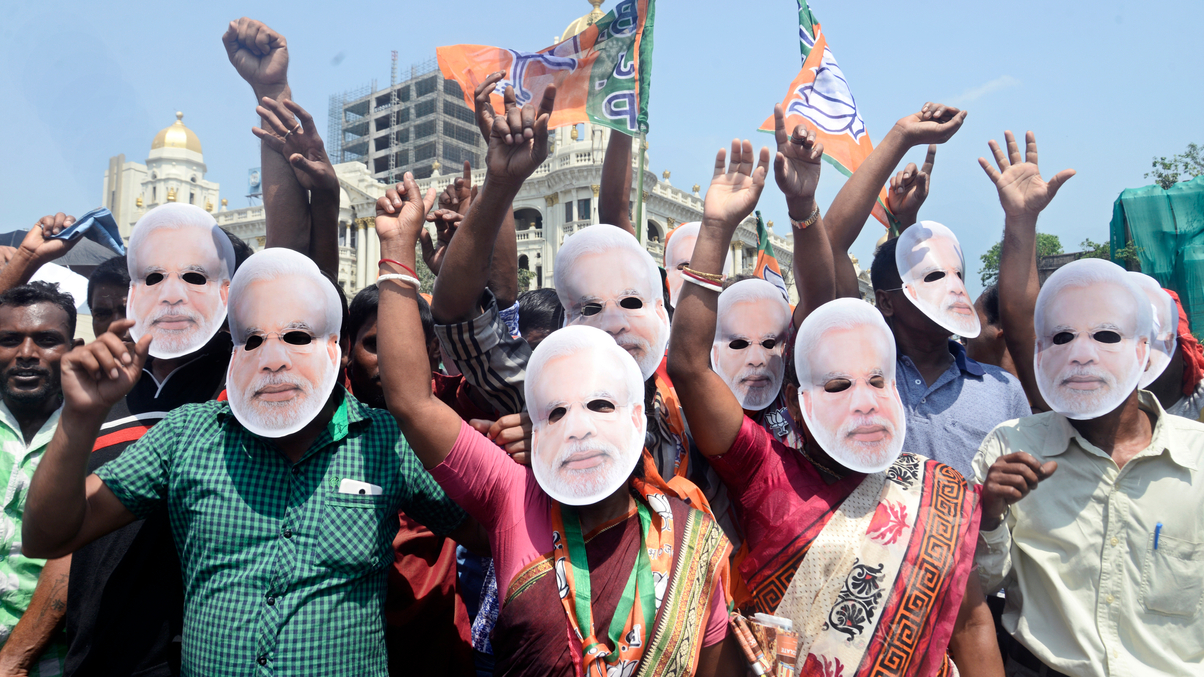Market Views: Outlook for India equities after shock election results
Indian stocks have been bouncing between losses and gains since the unexpected outcome of India's crucial parliamentary elections. As the government moves to a new era of coalition politics, we asked experts about what investors can expect in the months ahead.

Stock markets in India pocketed gains on June 5 after a steep sell-off the day before in response to Indian voters handing Prime Minister Narendra Modi’s Bharatiya Janata party (BJP) a weakened mandate in the country's general elections.
Sign in to read on!
Registered users get 2 free articles in 30 days.
Subscribers have full unlimited access to AsianInvestor
Not signed up? New users get 2 free articles per month, plus a 7-day unlimited free trial.
¬ Haymarket Media Limited. All rights reserved.


